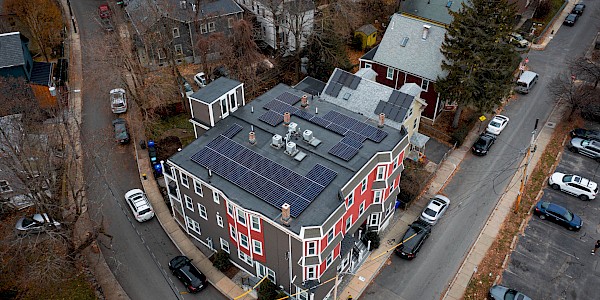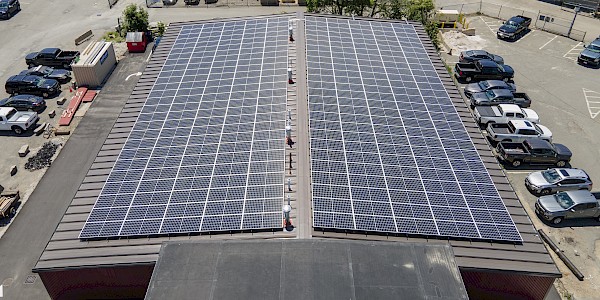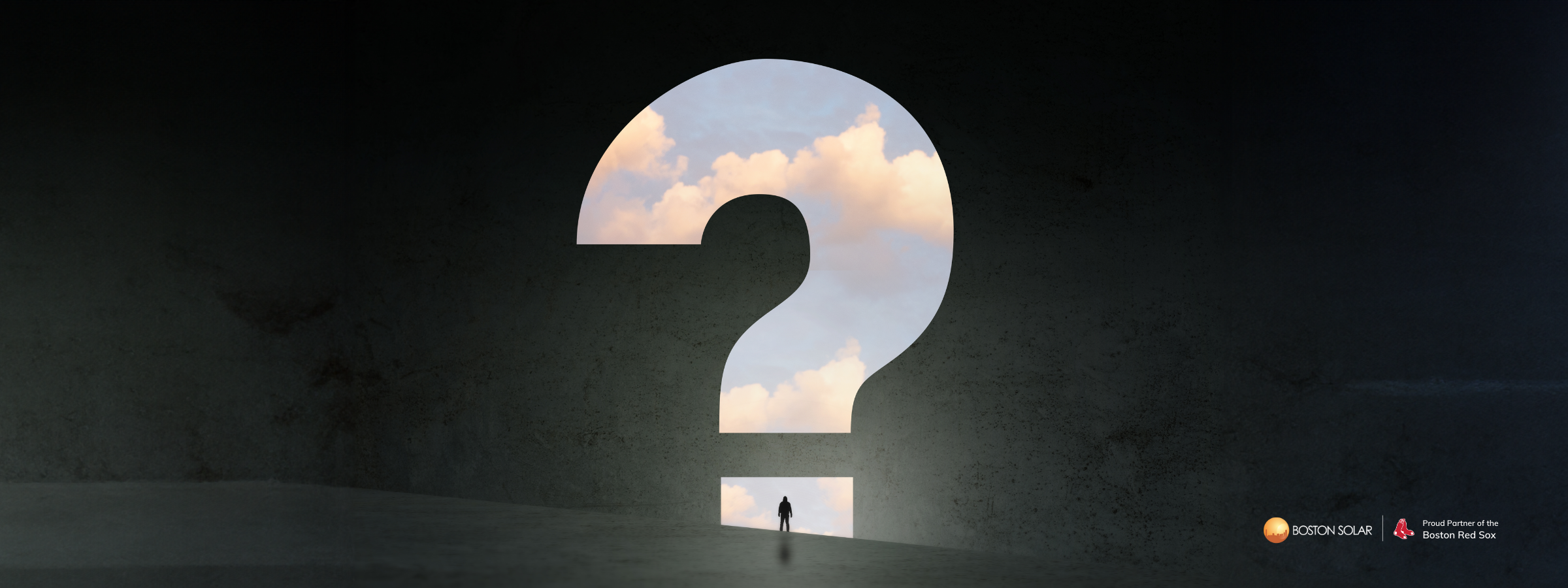What’s the Difference Between a Power Purchase Agreement & Solar Lease?
Feb. 26, 2024
Power Purchase Agreements (PPAs) and solar leases are both solar payment plans with no upfront costs. They offer homeowners a way to enjoy the financial and environmental benefits of residential solar panels without having to make an upfront investment.
While there are many similarities between them, PPAs and solar leases are not the same thing. The main difference between a PPA and a solar lease is the payment structure. With a solar lease, you pay a fixed monthly fee for the use of the solar panels. With a PPA, you pay for the electricity you consume from the solar panels at a predetermined rate per kWh.
Wondering which option is right for you? Read on to find out!
What Is a Power Purchase Agreement?
A Power Purchase Agreement is a financial agreement in which a developer (usually referred to as a third-party owner or TPO) pays to design, permit, and install a solar power system at your home. You do not own the system but agree to purchase the electricity it generates at a predetermined cost per kWh. The rate you pay your TPO will be lower than the rate you pay your current electricity supplier, saving you money.
Pros & Cons of a Power Purchase Agreement
Power Purchase Agreements have many benefits that make them a fantastic option for homeowners:
- No upfront investment
- Low monthly payments
- Can participate in net metering
- Only pay for the electricity you use
- Not responsible for maintenance or repairs
It’s also important to look at the downsides of a PPA before making a decision:
- Do not own your solar panels
- Not eligible for tax incentives and rebates
What Is a Solar Lease?
Leasing solar panels is very similar to leasing a car—you don’t own the solar panels, but you pay to use them. When you lease solar panels, a developer or third-party owner pays to design, permit, and install a solar power system at your home. You agree to pay a fixed monthly fee for the use of the solar panels. The fee stays the same no matter how much solar electricity you consume.
Pros and Cons of a Solar Lease
The benefits of a solar lease include:
- No upfront investment
- Fixed monthly payments
- Not responsible for maintenance or repairs
Leasing solar panels also comes with drawbacks:
Do not own your solar panels
Not eligible for tax incentives and rebates
Pay the same fee even if you use less electricity
Which Is Better: A Solar Lease or PPA?
The best solar financing option for you will depend on your personal financial situation. However, when choosing between a solar lease and a PPA, PPAs usually come out on top. Under a solar lease, you have to pay the same amount every month no matter how much electricity you consume. So, even if you use less electricity during certain months, you won’t save any money on your bills. With a PPA, you have a predetermined cost per kWh, so you only pay for what you use.
Find the Best Solar Financing Option for Your Home
From cash to loans to leases to PPAs, there are many ways to go solar! Boston Solar is here to help you find the best solar financing option for your needs and budget. We’ve been installing solar panels in New England for over a decade and have helped thousands of homeowners go solar.
Explore your solar financing options! Call 617-858-1645 or contact us today.



